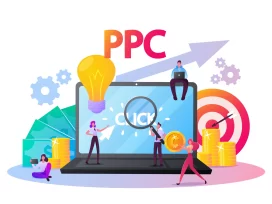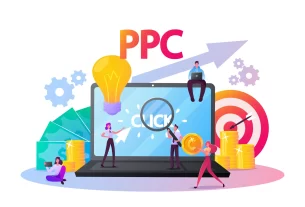
Is Advertising Effective?
Advertising is a marketing communication that uses an explicitly sponsored, unidentifiable message to advertise or promote a product, service or concept. Sponsors of advertising normally are large organisations wishing to market their goods or services to the general public. They can be businesses such as supermarkets, book shops, cinema halls, hospitals, restaurants, advertising agencies, charities, manufacturers, government organisations and even specific sporting teams. Advertisers will typically pay for the cost of displaying the advertisement, and some may also pay for the cost of a billboard, hoarder etc. Some advertisers will pass on some of their costs to the public in the form of vouchers, or cheaper products. Others will take part in public competitions, for example sponsorship of a marathon or a competition horse race.
When one definition of advertising suggests that it’s open public relations approach to marketing, then this definition would apply to all forms of advertising. However, when we look at two very different examples, one advertising an ice cream shop and the other advertising the latest model Honda car, the first shop is clearly placing their advert in a public relations context and the second is doing so in a technical advertising context, where the ultimate purpose of buying the product is technical evaluation and finding the best possible performance from that car. If we look at both of these ads in isolation, without any context of what the shop is actually doing or what the car actually looks like, we would get an entirely different result. The first ad is saying to the public ‘Buy our ice cream’, the second ad is saying ‘How good is that Honda?’
So clearly from the above definition of advertising, it appears that there is only one definition of advertising. And this definition excludes all forms of advertising that don’t make use of some form of technical analysis and information about what the consumer needs to know. So then we come to another important question.
Are there any instances where public relations can influence the effectiveness of advertising? Now some examples might come to mind. For example, if you advertise a new type of vacuum cleaner that is more powerful than the old one that was recently bought and sold and which now has a much shorter hose; this will have a positive effect on the sales, because people will want to buy the cleaner as well as they want to have a longer hose to reach things.
However there are many other factors at work which influence the effectiveness of advertising. And the final answer to the question ‘is advertising effective’ is ‘all advertising is dependent on its own success’. That is to say that the success of any advertisement depends upon how well it is able to capture the attention of the target audience. This is why so many advertising agencies have set themselves up to devise specific campaigns dependent upon the target audience and specific elements, such as images, colours, words and so on.
The key then is to get your advertisement right. It is not enough to design an attractive design. You have to give the copy a well written and well thought out message so that it touches the target audience in a way that is persuasive, and also so that the message comes across clearly. Once the reader takes the time to absorb the information given it, they are more likely to make the connection between the product and the message, and be more likely to make a purchase. This is the basis of the effectiveness of traditional advertising. However, as we learn more about the online world and more about print advertising, the pendulum is slowly swinging back in the direction of more effective advertising.








